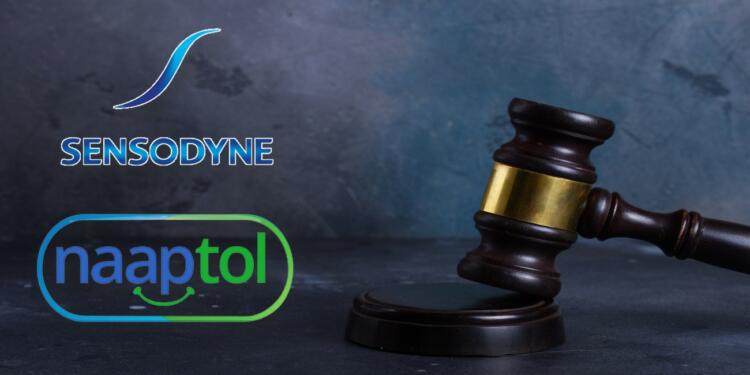- Misleading advertisements have been one of the unfortunate features of the Television industry
- CCPA has decided to act on it with decisive action on two major brands as its first move
- It’s tough for consumers to seek action against these brands, so a clampdown from the top is a more pragmatic solution
There is a reason why Television is called an idiot box. It can make a dirty pit look like a tub of melted chocolates. People in the TV business do it through advertisements. Now, India is tightening its noose on the idiot box through penalties for misleading ads.
In a span of 7-days, two companies have been fined by Central Consumer Protection Authority (CCPA). CCPA aims to protect the rights of the consumer by cracking down on false and misleading advertisements. It is headed by an Additional Secretary in the Department of Consumer Affairs.
Read more: YouTube is silently writing the obituaries of print and television media
Sensodyne advertisement banned
On January 27, 2022, CCPA ordered GlaxoSmithKline (GSK) Consumer Healthcare to stop advertising one of its toothpaste in India. The order required BSK to stop advertising Sensodyne toothpaste in India within 7 days.
Apparently, the ad promoting Sensodyne claimed that dentists practising outside India were endorsing Sensodyne. Terming it a misleading advertisement, the order read, “Therefore, advertisement of Sensodyne products in India which show endorsements by dentists practising outside India qualify as ‘misleading advertisement’ in terms of Section 2 (28) of the Consumer Protection Act, 2019,”
Four claims made in the ad are also under investigation. CCPA has asked the Director-General of Investigation (DGI) to probe claims like “Recommended by dentists worldwide”, “world’s no.1 sensitivity toothpaste”, “clinically proven relief” and “works in 60 seconds”. The DGA has to submit its probe report by February 12.
Naaptol fined and issued fresh guidelines
Similarly, on February 2, Naaptol an online forum for buying and selling was subject to a heavy fine by CCPA. Naaptol had posted misleading advertisements in three products namely, “Set of 2 Gold Jewellery”, “Magnetic Knee Support” and “Acupressure Yoga Slippers”.
Read more: Now e-commerce giants won’t be able to clear surplus goods in fake flash sales
Other than punishment for misleading advertisements, Naaptol was also given various regulatory guidelines by CCPA.
- In its episodes, Naaptol showcases that the advertisement is live on television, which is a fraud since advertisements are pre-recorded. CCPA has asked Naaptol to mention that it’s a recorded episode
- CCPA asked Naaptol to stop creating artificial panic by showcasing the artificial scarcity of the product. Naaptol does it by falsely claiming that the product is available only for a short period.
- From June 2021, CCPA had received 399 complaints against Naaptol. It has asked the company to submit a report regarding the resolution of those problems within 15 days.
Read more: Amazon is running a major scam in the name of AmazonBasics and consumers are being conned blindly
Issuing all these guidelines, CCPA ordered Naaptol to pay a penalty of Rs 10 lakhs to the authority.
Too tough for consumers to act on companies
Curbing false advertisements have been one of the biggest issues concerning the government. Various legal remedies are available to an average consumer, but they prove to be ineffective due to a plethora of bureaucratic hurdles.
Read more: Government’s historic move to ensure consumer protection
CCPA seems to understand that and that is why it has started its cleansing operation from the top.





























Great. CCPA must use it’s power to watch channels , news papers, magazines n all languages for misleading Advts and start penalising strongly. Must have a rule based norm for penalty so that courts cant strike off/ reduce penalties. penalty can be as much as paid by the Co for advt display+ production charges incurred/paid.